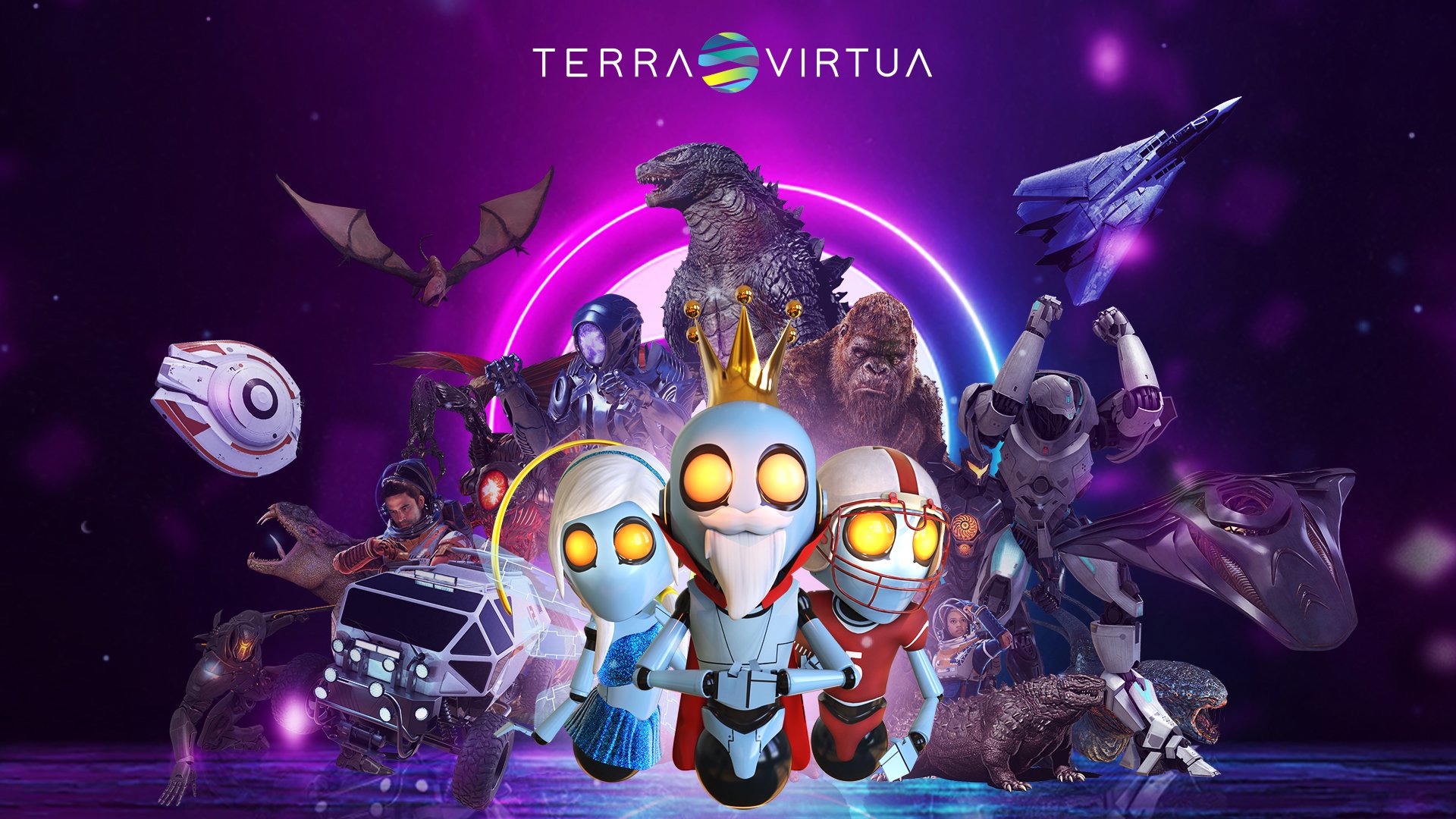This guest post was written by the Co-Founder and CEO of Terra Virtua, Jawad Ashraf
The adoption of any new technology that will have a dramatic effect on our lives is usually met with a degree of scepticism, and rightly so. As the Metaverse continues to expand, so do concerns around the effects it could have on users’ mental health.

Concerns About Living in the Metaverse
The possibility for individuals to completely immerse themselves in new and uncharted virtual worlds, where presence in the physical is temporarily substituted, breeds fear among sceptics. Fears over a looming dystopia in which individuals do not know how to interact or behave without a set of VR goggles are extreme, to say the least. However, it is undeniable that there are going to be challenges to face.
For years, experts and commentators have attributed a spike in issues such as social anxiety and agoraphobia in individuals to excessive gaming and social media usage. Fortunately, we’ve grown conscious of this. We have also started to equip ourselves with necessary precautions. As we teeter on the cusp of an exciting new technological era, expanding and innovating the landscape of social interaction once more, we must, of course, approach it with collective responsibility.
For a start, individuals should monitor the amount of time they spend in the Metaverse. They would, perhaps, benefit from a similar feature to Apple’s screen-time. Maintaining a healthy balance between time spent in the Metaverse and time spent in the physical world is crucial to prevent any problems from worsening. As with any form of entertainment, it should also not compromise the nature of healthy real-life relationships, exercise or exploration of natural environments.
Equally, Metaverse creators need to take the lead by implementing necessary safety and security measures. It is all very well opening up a realm full of novel possibilities and unprecedented adventure. However, it would be foolish not to anticipate that certain individuals will commit inappropriate actions. Creators must put in place an effective system of reporting incidents of racism, sexual innapropriacy and emotional abuse. Apart from this, they must enforce punishment.

Creating New Experiences Without Limitations
It is essential to dedicate a significant amount of time, effort and resources into tackling the potential negatives of the Metaverse. At the same time, it is also important to recognise the opportunities it presents providing sound mental health.
We should not underestimate the immense power the Metaverse holds and the impact it can have. To explain, the Metaverse has the qualities to provide innovative, progressive solutions as to how we tackle various issues. For a start, it is a truly immersive experience, removed from the limitations of just sitting behind a screen, that can reach anyone, anywhere in the world.
Those with physical disabilities, for example, could gain a sense of liberation when transitioning between different spaces in the Metaverse. They can also benefit from interacting with others. With virtual reality, they could travel to exotic locations or visit monuments in different cities, all from the comfort of their own home, without the worry of accessibility issues.
This sense of freedom will not stop here but extend to users from different backgrounds. No matter their race, size or gender, people will be able to recreate themselves and be anything they want to be. The Metaverse offers a chance to build your dream avatar, unrestricted by physical form. Rather than discouraging them from being themselves in the physical world, this should encourage them to extend the scope of who they imagine themselves to be. Ultimately, they can potentially unlock attributes and characteristics they did not realise they possessed.

The Metaverse as a Positive Force for Mental Health
The Metaverse could also allow individuals who suffer from issues such as social anxiety or agoraphobia to engage in an environment that feels very real. This could push them outside of their comfort zone. In turn, they could start to make some valued connections with other people. Over time, they can break down their barriers such as fear of judgement.
Eventually, their ability to engage in conversations and comfortably enter new real world environments could improve. The UK’s National Health Service (NHS), for example, has already used virtual reality to treat social anxiety. Besides, it has indicated that virtual reality has the ability to promote empathy within individuals.
Similarly, those who are experiencing loneliness could potentially feel more socially included by entering the Metaverse. In the virtual world, they will have the opportunity to meet with people from all walks of life. They can connect with others who share similar passions and interests. In the right environment, this can have positive impacts.
Creating Safe Spaces in the Metaverse
A key feature of the Metaverse is “islands” or “planets”. These are designed to benefit individuals and groups, each with their own dedicated “focus”. This will include spaces designed to boost mental wellbeing, where users can go to experience therapy services, mindfulness classes and exercise programmes. Or simply, they can find sanctuary and access to valuable resources.
For instance, exposing individuals to triggering or trauma-producing stimuli to treat psychological issues has been well-documented. Through virtual reality exposure therapy, individuals have the potential to confront a variety of issues. This includes phobias, psychosis, addiction and post-traumatic stress disorder. Designing safe-spaces that provide access to these kinds of resources should be a priority for Metaverse creators.
As we prepare to cross the threshold of what we once knew to be possible, we must face the uncertainty with enthusiasm, excitement and a healthy dose of optimism. Any tool that can be utilised to help people who suffer from mental health related issues should be harnessed to its full capacity—the Metaverse should be no exception.
About Jawad Ashraf

Jawad Ashraf is the Co-Founder and CEO of Terra Virtua, a fully immersive NFT platform. A gaming enthusiast, Jawad is a top performing technical specialist and entrepreneur with over 30 years of experience. Prior to finding Terra Virtua, he was the Director of Technical Strategy at The Entertainer, an ecommerce business.

